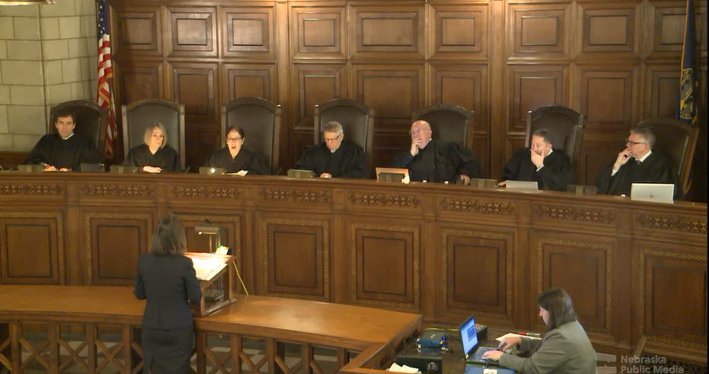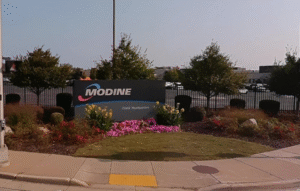The Nebraska Supreme Court recently made a landmark decision that could significantly impact nearly 1,800 individuals currently incarcerated in the state. This decision involves the controversial LB50, a comprehensive criminal justice reform bill, which accelerates parole eligibility and introduces a new geriatric parole program.
Originally, parts of LB50 were deemed unconstitutional by a lower court due to a challenge by Nebraska Attorney General Mike Hilgers. The bill’s retroactive application, designed to benefit those sentenced before its passage, was a particular point of contention. Hilgers argued that this retroactivity amounted to a partial commutation of sentences, a power he claims belongs solely to the Board of Pardons.
In his legal brief, Hilgers stated, “The Nebraska Constitution exclusively vests in the Executive Branch — and specifically in the Board of Pardons — the power to grant clemency. LB50’s retroactive expansion of parole eligibility, working in tandem with Nebraska’s statutes that extend additional good time credit to parolees, constitutes a commutation.”
Initially, Lancaster County District Court Judge Susan Strong sided with Hilgers, ruling against the retroactive provisions of LB50. However, the Nebraska Supreme Court overturned this decision, emphasizing that the new parole eligibility rules do not alter sentences or replace them with lesser punishments. The court’s unanimous opinion highlighted the importance of correcting the previous ruling to maintain the integrity and fairness of the judicial process.
The high court’s reversal means that 1,794 offenders will now benefit from earlier parole dates. This includes 529 individuals who were already parole-eligible with new, earlier dates, 920 individuals who will become eligible sooner than previously scheduled, and 345 individuals who will be parole-eligible for the first time.
This case is not the first instance where Hilgers’ legal opinions have influenced state policy. In another instance in 2023, he labeled certain oversight functions of the Inspectors General for Child Welfare and Corrections as unconstitutional, leading to a temporary halt in data-sharing with these watchdog agencies. A temporary agreement was later reached, and legislative efforts continue to find a lasting solution.
Additionally, Hilgers previously challenged a law that allowed immediate voting rights restoration for felons, calling it unconstitutional. Although the Nebraska Supreme Court did not address the constitutionality directly, it instructed the Secretary of State to permit felons to register to vote without delay.
For further details on LB50 and its implications, refer to the Nebraska Public Media coverage. More insights into Hilgers’ previous legal challenges can be found on NPR and the Nebraska Examiner.





